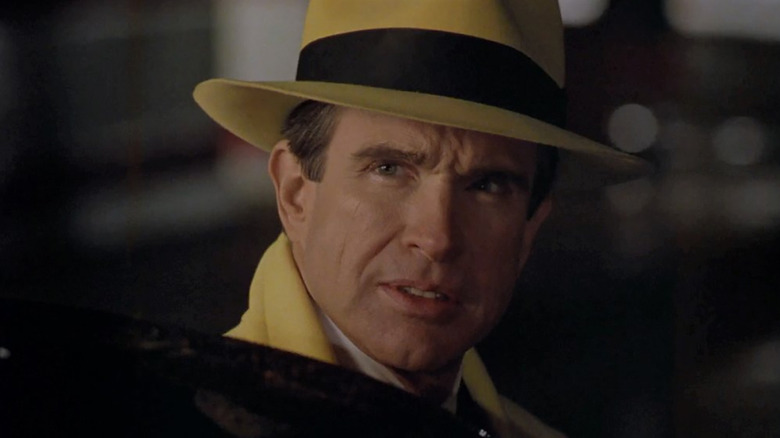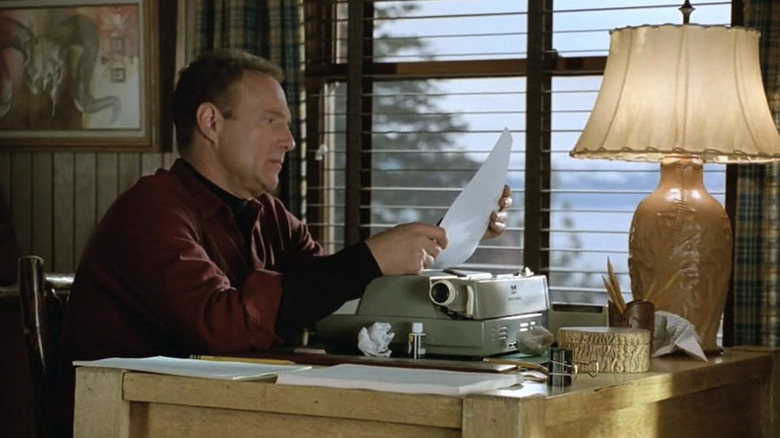
When Jack Nicholson starred in Stanley Kubrick’s adaptation of “The Shining,” the horror stigma surrounding Stephen King temporarily disappeared in Hollywood. Though he tended to write pulpy, gory fictions, if the A-list team of Kubrick and Nicholson deemed his material worthy of a major motion picture, perhaps there was box office and awards glory to be mined from his other books (which the prolific author was pumping out at an astonishing pace).
This notion would be challenged something fierce throughout the 1980s. While esteemed directors like David Cronenberg and Rob Reiner earned favorable reviews for, respectively, “The Dead Zone” and “Stand by Me,” critics had little use for “Cujo,” “Firestarter,” “Children of the Corn,” “Silver Bullet,” “Pet Sematary,” and the King-directed “Maximum Overdrive.” Really, if not for Reiner’s “Stand by Me,” the prestige-picture potential of a King tale might’ve been blotted out completely.
This was the Hollywood state of play for King heading into 1990 when Reiner, hot off the box office smash “When Harry Met Sally…,” decided an adaptation of the author’s 1987 novel “Misery” would be his next feature. A taut, 310-page corker of a thriller about a romance novelist being held hostage in the snow-driven middle of nowhere by his number one fan, “Misery” read like a grisly riff on Frederick Knott’s stage play “Wait Until Dark.” The cat-and-wounded-mouse dynamic between the deranged Annie Wilkes and author Paul Sheldon would pin moviegoers to their seat if shot and, especially, cast right.
While we know Reiner knocked it out of the park with James Caan and Kathy Bates (who won the Oscar for Best Actress), there was a point where the project nearly moved forward with Warren Beatty, then a star of Nicholson’s magnitude, in the role of Paul. But why didn’t this come to pass?
Warren Beatty briefly kept company with Misery
In a 1990 Los Angeles Times article about the making of “Misery,” Reiner revealed that, while he was working with legendary screenwriter William Goldman on the adaptation, Warren Beatty expressed an interest in the project. As has long been the star’s wont, he began giving notes on the script. Per Reiner:
“He was really interested in the part for a while. He had some great ideas for the character of the writer, making him a lot less passive. Warren’s very smart, but he’s tough to pin down. So it just didn’t work out. Either we weren’t far enough along or he had a little fear of making a commitment.”
Beatty can be a wonderfully intuitive artist, but when he’s working for another director, he has a penchant for seizing control of a production if it’s not proceeding per his sometimes-vague desires. As Jeremy Pikser, who earned a Best Original Screenplay Oscar nomination for “Bulworth” (with Beatty as co-writer), told Peter Biskind in the author’s biography “Star: How Warren Beatty Seduced America,” Beatty “gets off on the control, and nobody knowing what’s going on except him.”
It probably worked out best for all involved when Beatty ultimately lost interest and turned his attention to the superb “Dick Tracy.” Aside from Beatty’s control-freak nature, I have a hard time imagining him crawling toward a hacked-up loogie as Caan did on the set of the film. So we got two classics instead of one, and I’ll take that trade-off any day.



Leave a Reply